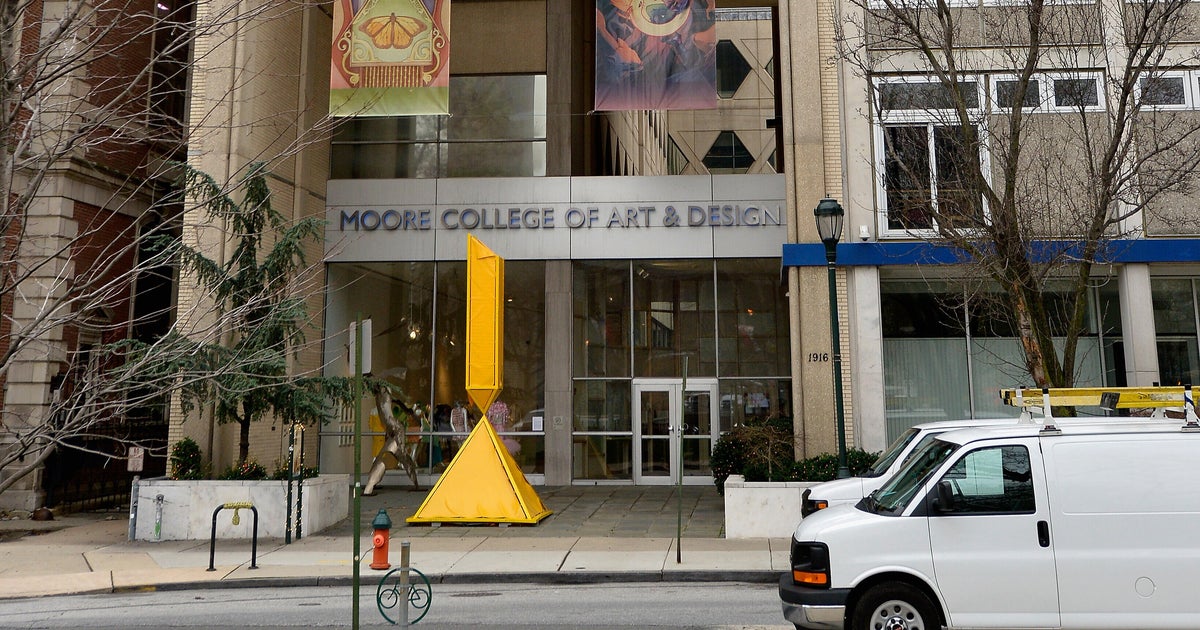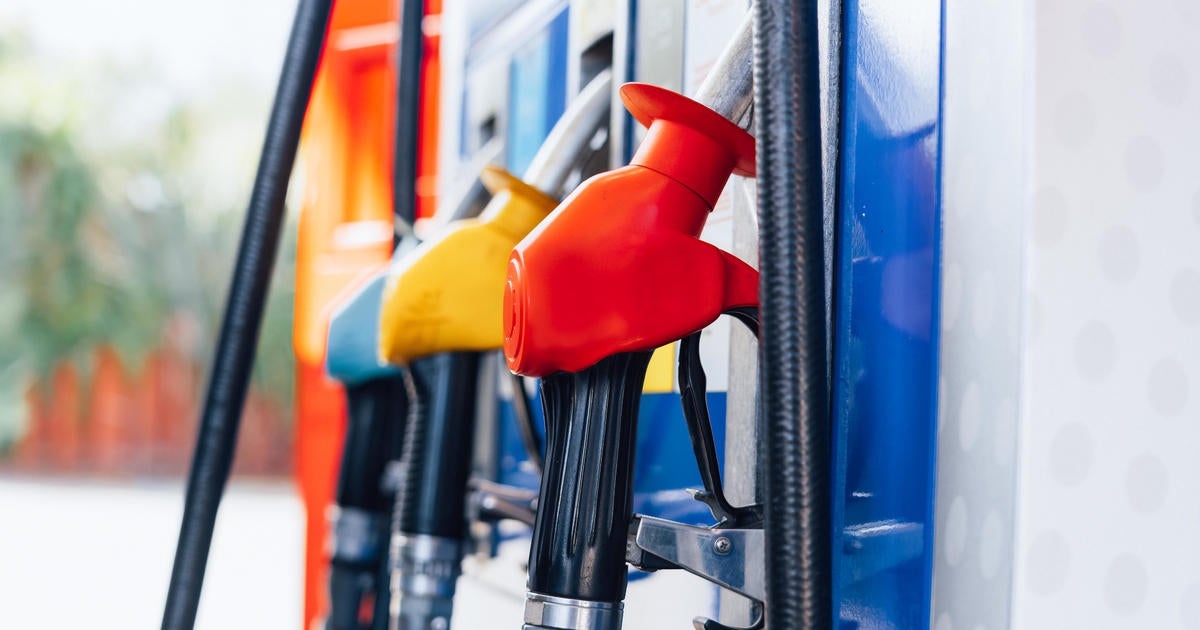2 East Bay labs believe they're creating the future of meat
ALAMEDA -- Two companies which recently received USDA authorization to sell lab-grown chicken are both located a few miles apart in the East Bay.
Inside tanks at Good Meat's facility in Alameda some of the country's first USDA-approved, cell-cultivated chicken is being grown.
RELATED ARTICLE: East Bay firms get OK to sell cultivated chicken
They say what's inside these containers is something called a cell-culture broth. Chicken breast is grown using chicken cells.
The process takes about a month and this facility can produce up to tens of thousands of pounds of meat per year.
They say the goal of this facility is to make small quantities and get feedback from consumers about lab chicken's taste.
Good Meat has a staff of chefs on hand who prepared a meat sampler for a KPIX reporter.
Joshua Tetrick, co-founder and CEO of Good Meat, says he believes cell-cultivated meat is the future. It may seem strange to some right now but, he says, all innovative ideas and products started out that way.
"Coca-Cola was launched in exactly the same way. Computers were launched in exactly the same way. TVs were launched in exactly the same way. It starts off small, people doubt that the economics will ultimately get low enough to reach a broad audience and then it does," Tetrick said.
The folks at Upside Foods, the other company which received USDA authorization, are also banking on that future.
They, like Good Meat, are experimenting with other cell-cultivated meat products at their facility in Emeryville.
"We've played around in our kitchens with things from dumplings and sausages to hot dogs -- kind of a big range. We're also working on beef. So we are excited as we think about the longer-term trajectory to have all of the meats that people love in the variety of formats that people are excited about," said Amy Chen, COO of Upside Foods.
The big question now is where is cell-cultivated meat going? How long until we see it in grocery stores across the country?
Good Meat says it's definitely going to take time to scale up but they suggest it's similar to the electric car market. Twenty years ago only a small percentage of electric cars were on the road and, now, they're everywhere.







